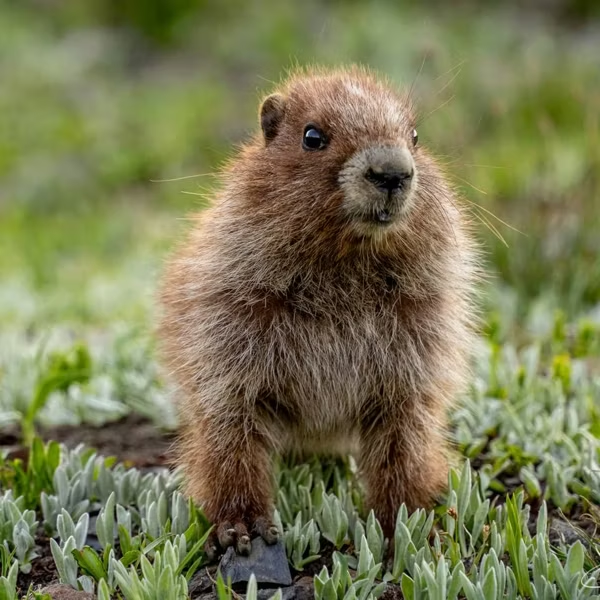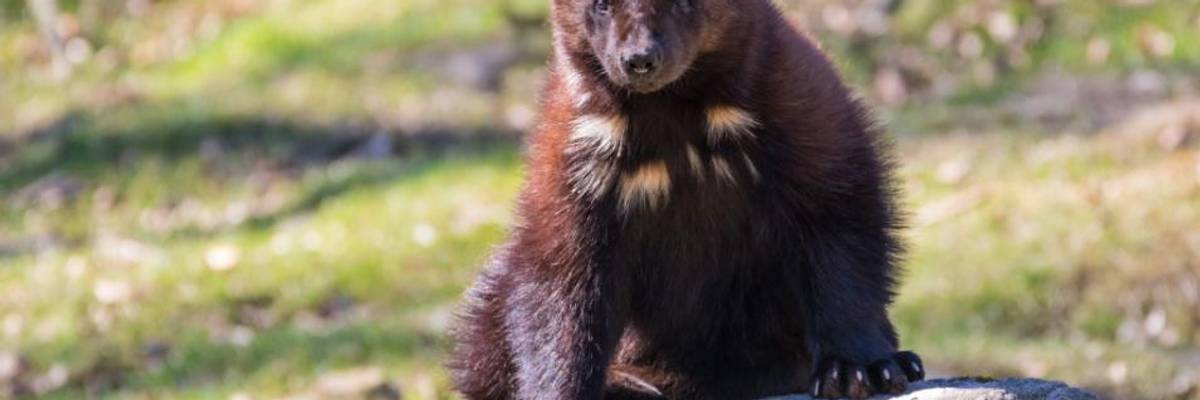Nine conservation groups announced their intention to sue the U.S. Fish and Wildlife Service on Thursday over its decision to not protect wolverines under the Endangered Species Act.
The Center for Biological Diversity (CBD) said in a statement that there is "no justification" for denying the species protection, which would trigger new conservation efforts for the largest land-swelling members of the weasel family.
The environmental law group Earthjustice is representing CBD in the lawsuit, as well as Conservation Northwest, Defenders of Wildlife, Friends of the Clearwater, Idaho Conservation League, Jackson Hole Conservation Alliance, Klamath-Siskiyou Wildlands Center, Greater Yellowstone Coalition and Rocky Mountain Wild.
Conservation groups began petitioning the USFWS to protect the wolverine under the Endangered Species Act in 2000, but the agency has "time and again delayed and obstructed" the listing.
Earthjustice refuted the USFWS's claim that wolverine populations are "remaining stable" and no longer require federal protections.
"Recent scientific information makes clear that wolverines face threats from destruction of their snowy habitat due to climate change," said Earthjustice attorney Timothy Preso in a statement.
Conservation groups have repeatedly taken the federal government to court over the past two decades to enforce protections for the wolverine under the Endangered Species Act; advocates called the USFWS's decision, requiring further litigation, "outrageous."
"It's sad that after years of inaction, we need to go to court again to ensure wolverines get the protections they need before it's too late," said Andrea Zaccardi, a senior attorney with the Center for Biological Diversity.
A century ago, large numbers of wolverines lived throughout the American West, but more than a century of habitat loss driven by human activity, trapping, and the climate crisis have left fewer than 300 of the animals left in the contiguous United States.
Pregnant female wolverines rely on deep snowpack through the late spring in order to dig dens, birth and raise their young. With spring snowpack declining throughout the western U.S.--a trend scientists say will worsen as the planet continues to grow hotter--the wolverine population is expected to decline even further.
"Wolverines are rare, wide-ranging carnivores of the high wild country facing growing threats from climate change and winter recreation," said Dave Werntz, science and conservation director at Conservation Northwest. "Wolverines deserve federal protection and the associated resources and recovery actions to ensure a future for wolverine in the Pacific Northwest."




